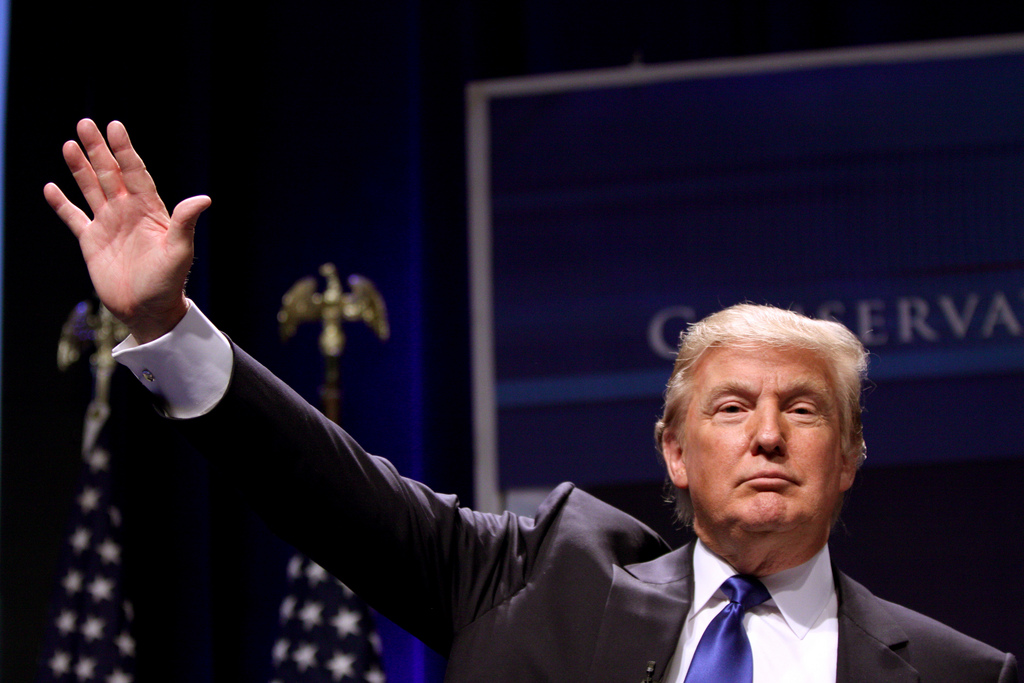This will be the note I sign out on this year. I’ll be off the next seven weeks but we’ll continue to publish other authors during that time.
In the build-up to the 2016 election, American evangelicals were a pessimistic bunch. We racked up an impressive (and depressing) run of unfavorable court rulings and legal battles, featuring photographers, bakers, and florists. These defeats all ran parallel to our biggest cultural defeat, the Obergefell decision. In addition to this, we saw our standing in the Republican party fall sharply as the party nominated a candidate who by every traditional standard held by the religious right was an abysmal failure. (The fact that we supported him anyway will almost certainly teach the GOP that evangelical voters will go with them no matter what. This realization, of course, robs evangelicals of all their political capital that they might use to influence the GOP.)
Add to that the ever-growing number of “nones” that Pew and Gallup found in their religion surveys, the remarkably hostile response to the Indiana Religious Freedom Restoration Act, this summer’s Supreme Court ruling against many state-level abortion regulations, and the alarming court case in Massachusetts that would result in the policing of religious speech from Christian ministers and, well, things looked grim.
Login to read more
Sign in or create a free account to access Subscriber-only content.
Topics:
